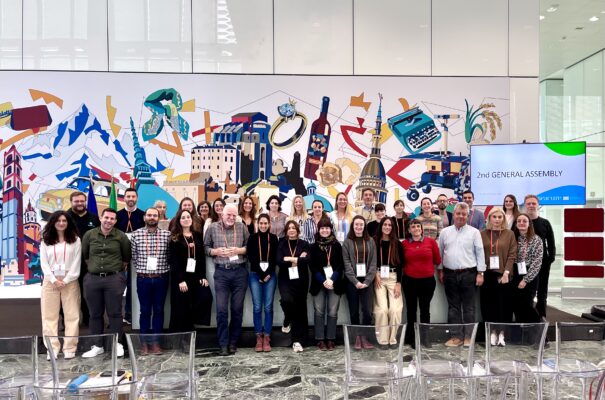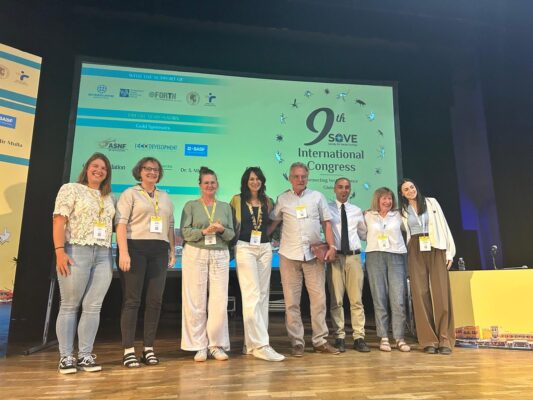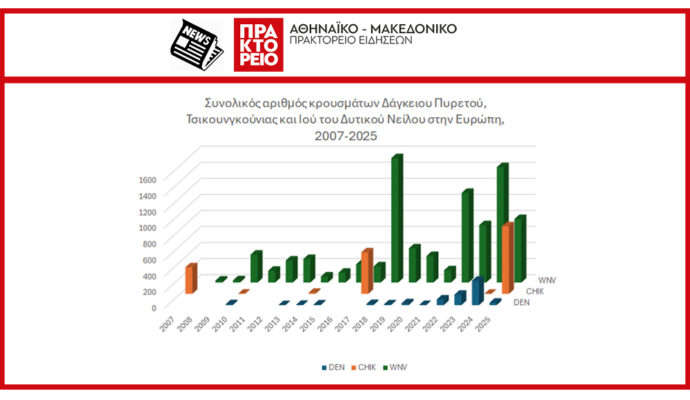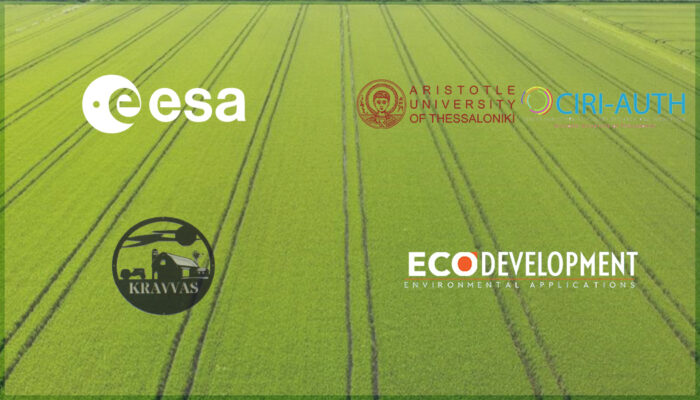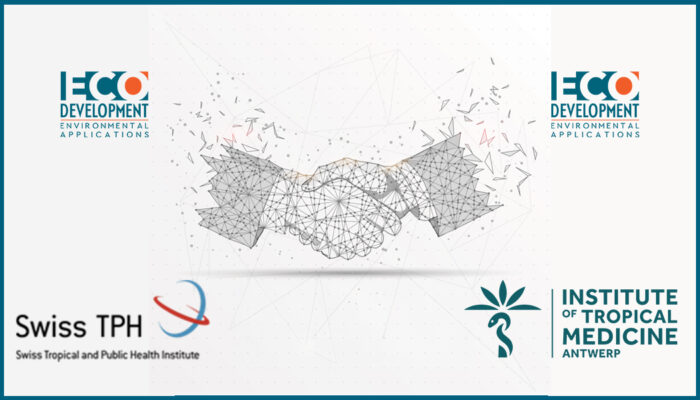ERT NEWS interviewed the President of Ecodevelopment and former President of the European Mosquito Control Association (EMCA) Spiros Mourelatos, on Tuesday 24 June 2025, regarding the topical issues related to mosquitoes and the epidemiological risk that may derive from them.
Mr Mourelatos referred to the changes brought about by climate change on the issue of mosquitoes, but also to the main disease of concern in Greece, West Nile Virus, which is now endemic in our country since 2010. In particular, he referred to the so-called “hot third trimester”, i.e. July-August-September, the three months which pose risks for public health. The increase in nuisance and epidemiological risk from mosquitoes is due to a combination of three main factors, climate change, globalisation and also impoverishment.
He then referred to the confusion that often arises between mosquitoes and chironomus (Chironomus spp.-Meigen), with chironomus creating swarms that cause concern because they look like mosquitoes but do not bite and pose no threat to public health.
He pointed out that regional control projects are in full implementation in the vast majority of the areas where spraying should be carried out. However, he stressed the importance of individual responsibility reagrding the Asian tiger mosquito Aedes albopictus, which often originates from standing water in people’s yards. “And that means we should not (practically) leave standing water anywhere in our yards or in our surroundings,” he said.
Finally, regarding the epidemiological risk of other mosquito-borne diseases in Greece and in Europe in general, Mr Mourelatos said that “Greece, surprisingly, in terms of dengue (fever), which is the biggest risk at the moment, (Greece) is probably in a better position and the reason is not that we are doing something right, it is just that Greece is not directly linked to countries where dengue is endemic, such as the Caribbean, South America and South East Asia.”
In the video below you can watch the full interview:
Πηγή: ERTFLIX






